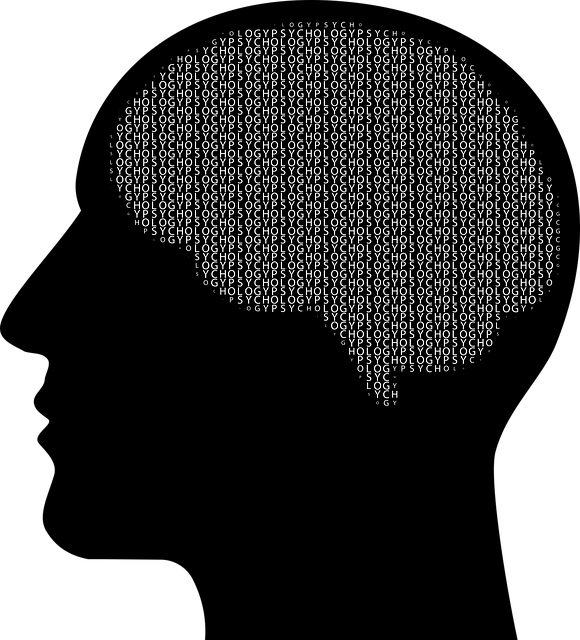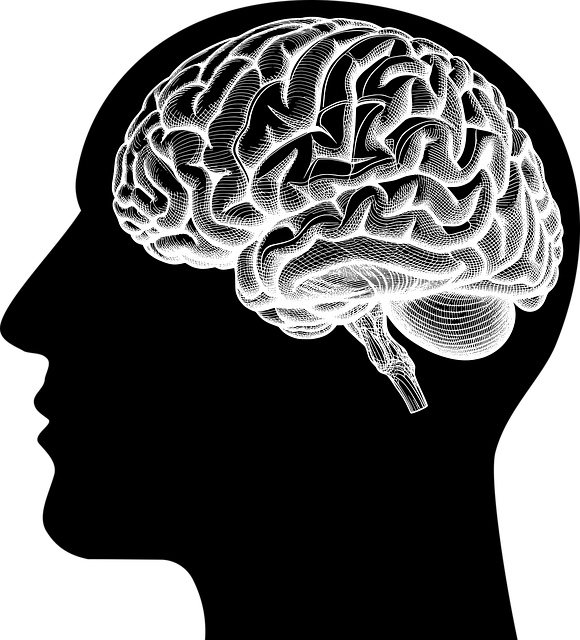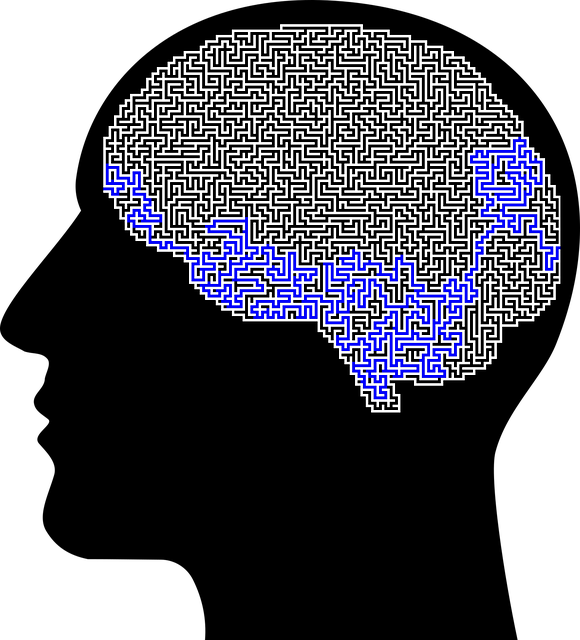Understanding mental health data through diverse collection methods and meticulous preparation is vital for personalized therapy like Castle Rock Cognitive Processing Therapy (CRCPT). Advanced algorithms uncover hidden patterns, providing insights into cognitive processes and emotional responses. This data-driven approach enhances CRCPT sessions, aids depression prevention, trauma support, and resource allocation, fostering holistic care. Interpreted data guides clinical decisions, enabling therapists to personalize interventions for improved mood management, positive thinking, and realistic goals, ultimately enhancing patient well-being.
Mental health data analysis has emerged as a powerful tool, offering invaluable insights into patient well-being. This article explores the critical process of understanding and interpreting mental health data, focusing on innovative techniques like Castle Rock Cognitive Processing Therapy (CRCPT). We delve into the collection, preparation, and advanced analytical methods that provide clinicians with actionable insights for enhanced decision-making. By utilizing CRCPT’s strategic approach, professionals can gain profound knowledge from patient data, ultimately improving treatment outcomes.
- Understanding Mental Health Data: Collection and Preparation
- Advanced Techniques for Data Analysis in Castle Rock Cognitive Processing Therapy
- Interpreting Results: Enhancing Clinical Decision-Making with Data Insights
Understanding Mental Health Data: Collection and Preparation

Understanding mental health data is a multifaceted process that forms the foundation for effective therapy and treatment plans, such as Castle Rock Cognitive Processing Therapy. The journey begins with data collection, where various methods are employed to gather insights into individuals’ psychological states. This includes self-reported surveys, clinical assessments, medical records, and even social media activity, all of which contribute unique perspectives on mental wellness. Each data source requires careful consideration to ensure accuracy and reliability, addressing challenges like bias or incomplete information.
Preparation is a critical step in transforming raw data into meaningful insights. This involves cleaning the data to eliminate errors and inconsistencies, ensuring it is structured for analysis. Standardized tools and protocols are essential to maintaining uniformity across datasets, facilitating comprehensive interpretation. For instance, the Mental Wellness Podcast Series Production often emphasizes the importance of data preparation in crafting effective stigma reduction efforts through positive thinking. By meticulously preparing mental health data, professionals can gain a nuanced understanding of individuals’ experiences, leading to more personalized and successful therapy outcomes.
Advanced Techniques for Data Analysis in Castle Rock Cognitive Processing Therapy

In the realm of Castle Rock Cognitive Processing Therapy (CRCPT), advanced data analysis techniques play a pivotal role in enhancing therapeutic outcomes and personalizing treatment plans. This innovative approach leverages sophisticated algorithms and machine learning models to dissect complex mental health data, uncovering hidden patterns and insights that might otherwise remain unseen. By delving into these techniques, therapists can gain valuable knowledge about their clients’ cognitive processes, thought patterns, and emotional responses, thereby facilitating more effective CRCPT sessions.
The integration of advanced data analysis in CRCPT extends beyond mere diagnosis; it actively contributes to depression prevention and trauma support services. Through meticulous analysis, therapists can identify individuals at risk and implement targeted interventions early on. Moreover, the community outreach program implementation benefits from these analytical tools, ensuring that mental health resources are allocated efficiently and reaching those who need them most. This data-driven approach not only revolutionizes CRCPT therapy but also fosters a more holistic and impactful support system within the community.
Interpreting Results: Enhancing Clinical Decision-Making with Data Insights

Interpreting results from mental health data analysis is a powerful tool that enhances clinical decision-making. By leveraging insights derived from patient records and treatment outcomes, therapists can tailor their approaches more effectively. For instance, Castle Rock Cognitive Processing Therapy (CRCPT) benefits from this analytical rigor, enabling therapists to pinpoint specific cognitive processes hindering patients’ recovery. This data-driven perspective allows for personalized interventions focused on areas like mood management, integrating mind over matter principles, and fostering positive thinking.
The process involves identifying patterns, correlations, and trends within the data that might not be immediately apparent. Through this enhanced understanding, therapists can make informed choices about treatment modalities, adjust therapy types, and set realistic goals for each patient’s journey. Ultimately, this analytical approach ensures that mental health care becomes more precise, efficient, and ultimately, more successful in supporting patients’ well-being.
Mental health data analysis and interpretation are essential components of modern therapy, particularly in the context of Castle Rock Cognitive Processing Therapy. By understanding and utilizing advanced techniques for data collection and preparation, therapists can gain valuable insights from patient information. Interpreting these results enhances clinical decision-making, allowing professionals to tailor treatments like Castle Rock Cognitive Processing Therapy more effectively. This approach not only improves patient outcomes but also underscores the importance of data-driven practices in mental health care.














